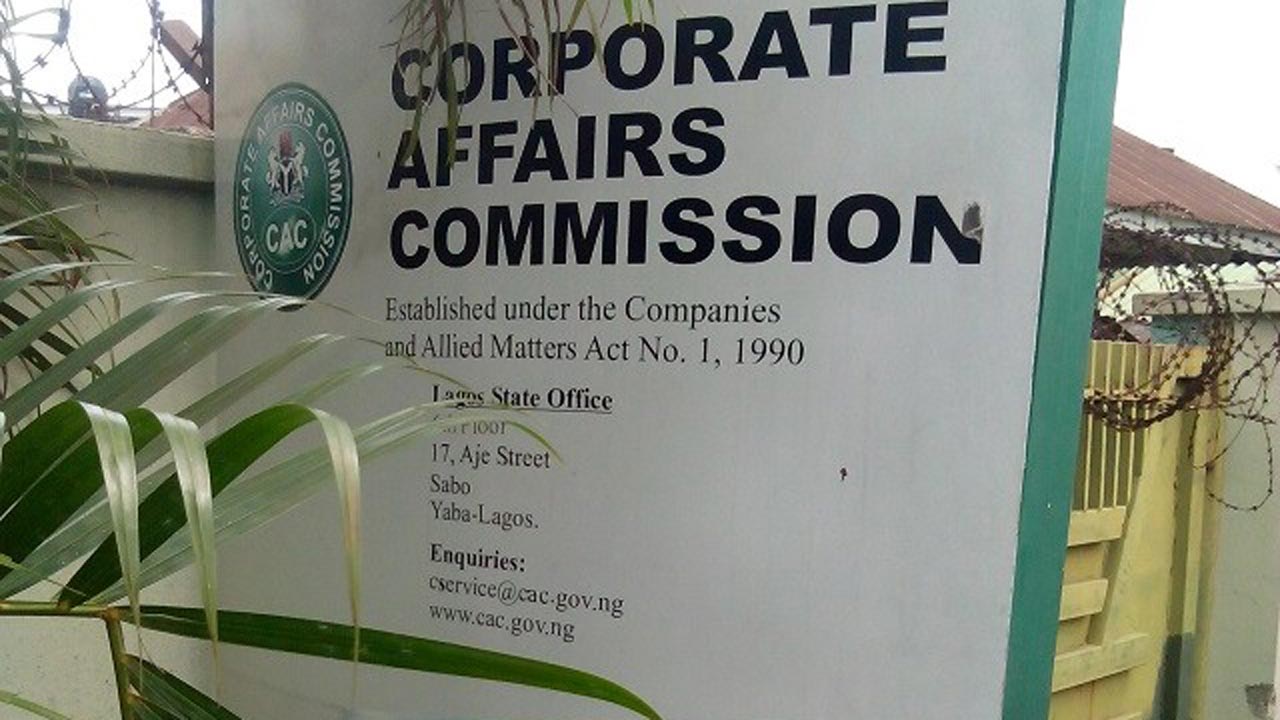- Registered Companies Now 2.8 Million as CAC Enlists 39,074 Entities
The Corporate Affairs Commission has said that through the implementation of its Business Incentive Strategy, it registered 39,074 business Names between October and November 2018.
The CAC added that it registered 85,635 new companies in 2018.
It said the number of newly registered companies dropped by 2.57 per cent in 2018, compared to the 87,891 companies that were registered in 2017.
The commission also put the total number of entities it had registered since inception to date at 2,853,692.
A breakdown of the figure showed that 1,671,079 businesses were registered as limited liability companies, 1,115,429 entities were registered under business names while the remaining 67,185 were registered as incorporated trustees
The acting Registrar-General, CAC, Azuka Azinge, said these on Tuesday during a customers’/stakeholders’ forum.
The forum is a periodic interactive session between the management of the commission and its stakeholders to enhance service delivery.
The commission had under its Business Incentive Strategy reduced the cost of business name registration from N10,000 to N5,000 for a period of three months covering October 1 to December 31, 2018.
The BIS is aimed at creating a window for Micro, Small and Medium Enterprises to formalise their businesses so that they can own corporate accounts with banks, have access to loans, grants and other government interventions.
Azuka said upon the expiration of the initial three months window, the commission received several requests from states and other agencies seeking an extension of the 50 per cent fee reduction promo.
She said in view of the benefits of the BIS, coupled with the demand for extension by stakeholders, it became imperative to further extend the period to March 31 this year to enable more MSMEs to formalise their businesses.
She said, “Only recently, the commission extended the BIS to encourage small businesses to formalise their businesses by registering same with the commission.
“During the initial three months of the BIS registration, activities increased tremendously. For the months of October and November 2018, a total of 39,074 business names were registered.”
“The commission remains resolute in reviewing its processes regularly.”

 Naira4 weeks ago
Naira4 weeks ago


 Naira4 weeks ago
Naira4 weeks ago


 Naira3 weeks ago
Naira3 weeks ago


 News4 weeks ago
News4 weeks ago
 Travel4 weeks ago
Travel4 weeks ago




 Naira4 weeks ago
Naira4 weeks ago


 Jobs3 weeks ago
Jobs3 weeks ago
 Naira3 weeks ago
Naira3 weeks ago






















